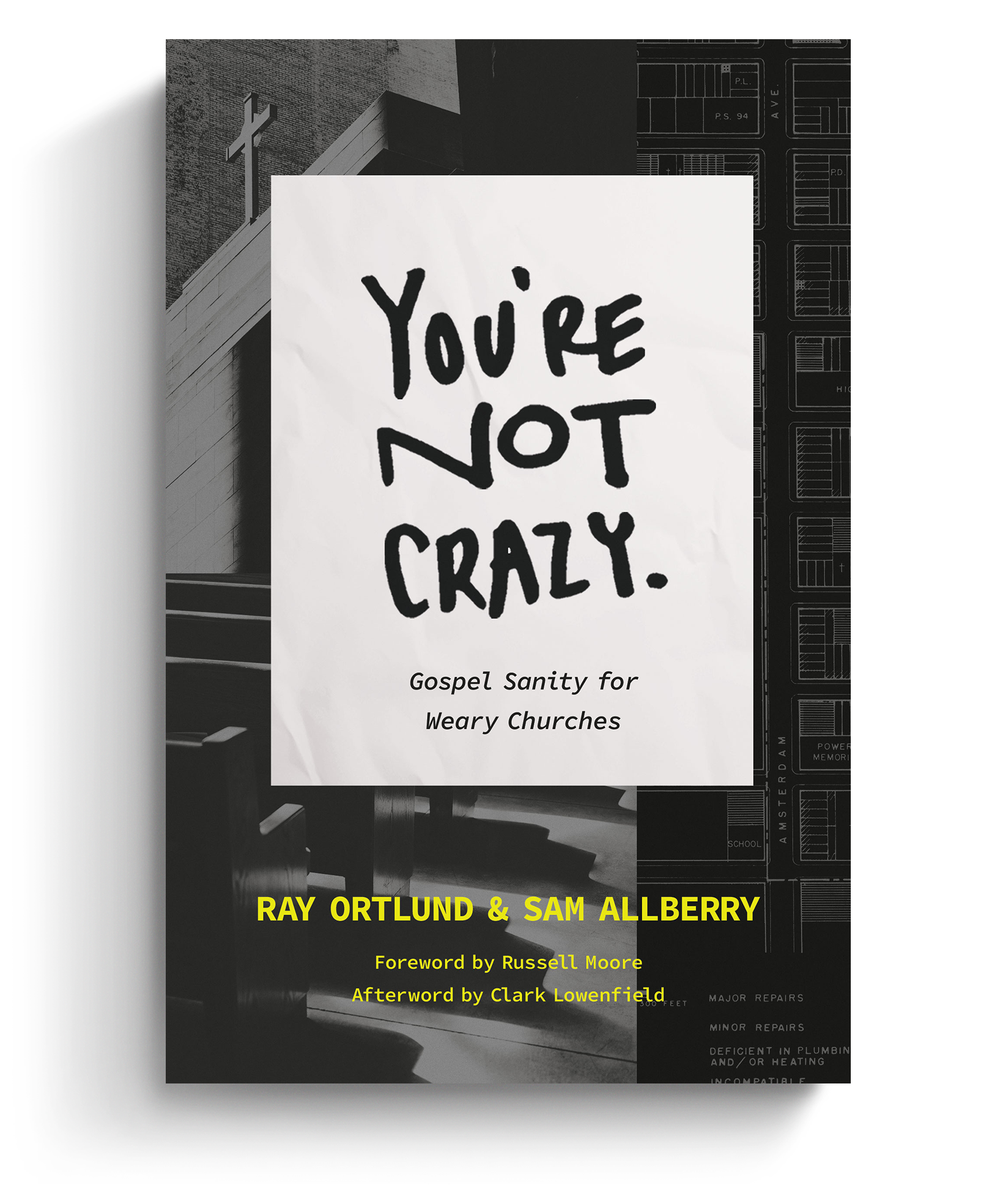For most of my life, I’ve been zealous about evangelism. So when four years ago my husband and I first started sharing about our plans to become long-term missionaries to unreached Taiwan, mobilizing supporters seemed pretty straightforward. We told story after story of how sad people’s lives would be without the gospel, hoping to elicit some tearful sentiment and subsequent support. Because we were heading off to a truly unreached area, we painted the image of throngs of people who suffered from such emptiness that they would greet our message with eager arms.
Then we really became church planters. We soon realized that the people we were reaching were quite happy with their lives. The Taiwanese people around us were quite content to go to work, raise their kids, and worship their false gods. They didn’t know God and didn’t really care to know him. I went to the missions field earnestly hoping to help those who were poor in spirit, but what was I to do when the so-called poor felt so rich?
Poor in Zeal
Case in point: Mrs. Huang, a woman who worked in a dark, desolate furniture factory guarded by several angry dogs. The first time I maneuvered past the dogs to talk with her, she was so eager to discuss religion that I imagined her as a possible convert.
“What are those colored beads?” she asked, pointing to the glimmering gospel beads hanging from my cell phone.
“I’d be glad to tell you!” I exclaimed, using the symbolic color-coded string of beads to explain various aspects of the gospel (such as heaven, sin, Jesus’ blood, and so on). After listening eagerly, she put her hand into her pocket.
“Look, I have something similar,” she said, proudly pointing to her Buddhist prayer beads. “I’ve made lots of donations to buy these to give away to other people.” She then went on to explain the meaning of her beads, matching me in evangelistic fervor. I quickly realized that, despite her dreary life circumstances, she wasn’t interested in challenging the veracity of her idolatrous beliefs. In fact, at the end of her presentation, she went so far as to ask me, “Why don’t you come with me to temple? I think it has a lot to offer.”
We persisted in befriending and sharing Christ’s love with people like this. But after receiving similar reactions from people time and time again, evangelism became harder. Because our area was so unreached, we could not depend on Christian community for support. After facing rejection for such long periods of time, it was easy to become cynical.
I particularly think of the Zhangs, one family in whom we invested quite deeply because of their initial interest in God. Yet after hearing the gospel in many forms over the course of a year, they continued to stick to their belief in Guanyin, their primary god. Guanyin was, after all, the god they had known and worshiped their whole lives. Their primary objection to Christianity went something like this: Asians have worshiped gods like these for hundreds of years—-longer than the entire history of the United States—-so how could such long-standing traditions possibly be wrong? If Christianity were really true, wouldn’t it have come to Taiwan earlier?
Over time I befriended many people who shared this view. As a result, I grew conditioned to a negative response when sharing the gospel. My previous outpouring of evangelistic zeal seemed to dry up in the spiritual desert I lived in. Even as a seminary-trained missionary, I felt weak and often ineffectual.
I realized that one of the reasons I came to the missions field in the first place was a rather rosy motivation of wanting to make a visible difference in people’s lives. I wanted to be significant, to be their savior.
Unsustainable Passion
Befriending people like the Zhangs and Mrs. Huang reminded me that my passion for “going to save the lost” would be unsustainable if my fundamental motivation for missions continued to be about me. It could not rely on results or the expectation that people would thank me for the effort. We send missionaries to idol-worshiping places like Taiwan not because idol worship fails to give people a sense of fulfillment, but rather because it displeases God. Ezekiel 20:27-28 reminds us of how deeply idolatry offends him: “In this also your fathers blasphemed me by forsaking me: When I brought them into the land I had sworn to give them and they saw any high hill or any leafy tree, there they offered their sacrifices, made offerings that provoked me to anger.”
Idolatry uncannily similar to the practices derided by Old Testament prophets continues in literal form throughout the world today. In many rural Taiwanese townships, carved idols are regularly paraded along the streets. Most shops reek of idolatrous incense. We share the gospel in these places not because following in the steps of the prophets feels good (it seldom does). We do it because disbelief angers God.
When we look at unbelieving people of different cultures, it can be easy for us think of ourselves as superior to the “poor, lost people in XXX country” because we—-unlike them—-have grasped the truth. Many of us, especially those called to full-time ministry, might have the subconscious tendency to think rather highly of ourselves. Yet being on the missions field reminded me that, if my own worldview had been shaped in a place like Taiwan where the tradition of worshiping other gods prevails, perhaps I too would have been equally “content” in my ignorance.
For after living extensively in two opposite cultures, I’ve noticed that most people—-whether here or overseas—-generally don’t like monumental change. We don’t like our worldviews to be shaken, our values to be disturbed. We generally make decisions based on what will promote stability and comfort in our hearts and in our homes. It’s easy for all of us—-Christianized or not—-to pursue these things instead of God’s pleasure. We all have the same sinful nature. We all have the same need for a merciful God.
So let’s not take for granted God’s exceptional grace in our lives. It is all too easy to forget the undeserved blessing of living in a predominantly Christian society. Let’s humbly focus not so much on what we can give, but what we’ve been given.
Are You a Frustrated, Weary Pastor?
 Being a pastor is hard. Whether it’s relational difficulties in the congregation, growing opposition toward the church as an institution, or just the struggle to continue in ministry with joy and faithfulness, the pressure on leaders can be truly overwhelming. It’s no surprise pastors are burned out, tempted to give up, or thinking they’re going crazy.
Being a pastor is hard. Whether it’s relational difficulties in the congregation, growing opposition toward the church as an institution, or just the struggle to continue in ministry with joy and faithfulness, the pressure on leaders can be truly overwhelming. It’s no surprise pastors are burned out, tempted to give up, or thinking they’re going crazy.
In ‘You’re Not Crazy: Gospel Sanity for Weary Churches,’ seasoned pastors Ray Ortlund and Sam Allberry help weary leaders renew their love for ministry by equipping them to build a gospel-centered culture into every aspect of their churches.
We’re delighted to offer this ebook to you for FREE today. Click on this link to get instant access to a resource that will help you cultivate a healthier gospel culture in your church and in yourself.






























